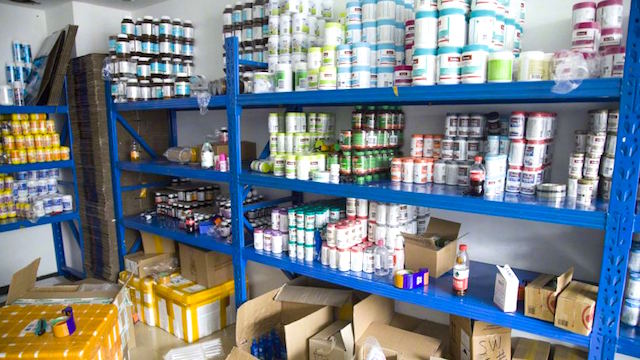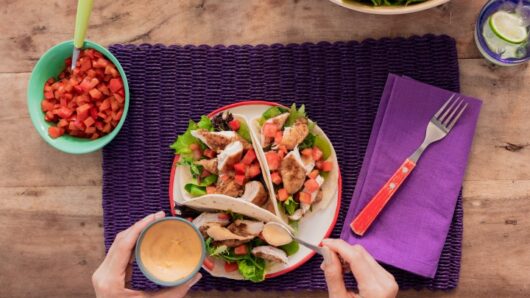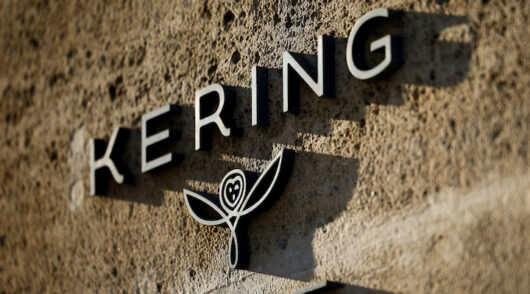Counterfeit Australian products have been recently seized by the police in Guangdong, China, during a crackdown on fake items including imitation of Penfolds wines and Swisse and Blackmores supplements.
ABC has reported the Guangdong police said they captured four criminal groups during the investigation into the fake supplements over the past two months.
“Treasury Wine Estates applauds the efforts of the Guangdong PSB on their 2018 Hurricane activity, which delivered a significant win against counterfeit and in combating illegal operators. We continue to work tirelessly with local authorities, as well as with our local partners and brand protection agencies to protect the integrity of our premium brands at all times, and we have a dedicated team and strategy in place for this. The good news is that legitimate sales of TWE’s quality wines remain to be extremely strong. We continue to encourage consumers to seek out authorised retail stores to purchase our wines,” Treasury Wine Estates spokesperson told Inside FMCG.
ABC reported the police caught 22 suspects who were charged and are further investigated. In the other case, police said they intercepted about $2 million worth of wines and dismantled “a criminal chain” of 13 suspects who sold cases of fake Penfolds which were mixed with real wine bottles. They reportedly sold the counterfeits via online websites and social media platforms including WeChat. Fake Penfolds wines reportedly bought generic wines for $4 and were sold between $42 – $62, significantly cheaper than its original price of $125.
“Blackmores is aware of media reports regarding raids on alleged counterfeit products in China. As those reports concern an ongoing investigation it would not be appropriate for Blackmores to comment on them at this time,” said Cecile Cooper, company secretary and director of Corporate Affairs, Blackmores, to Inside FMCG.
“Blackmores has been exporting products across Asia for more than 40 years and takes a proactive approach to monitoring and responding to any potential concerns that consumers, retailers and exporters have. Consequently we use a range of techniques to reduce the risk of counterfeiting. These include proprietary packaging materials and designs as well as technologies that sit more in the background and assist us with supply chain traceability.”
Cooper added the Australian company is currently using the China Association for Quality Inspection hologram on select products, and recently commenced a pilot of Blockchain technology with Alibaba and Australia Post.
“We remain committed to ensuring consumers, retailers and exporters can have faith in the quality of our brand. That means we will continue to use the most advanced technology to ensure the integrity of the brand in Australia and markets around the world,” said Cooper.
Food fraud costs the global food industry an estimated US$40bn each year, according to research from the Michigan State University.
“Food fraud is a significant global challenge, particularly with the growing complexity of supply chains. In response, we have created a coordinated, world-leading and robust framework that involves stakeholders from across the supply chain to improve visibility and enhance the confidence of both end consumers and merchants,” said Alibaba Group’s Alvin Liu, general manager of Tmall Import & Export.
The Chinese demand for Australian goods has risen since daigou emerged in the industry.
This story first appeared on sister site Inside Retail FMCG.






